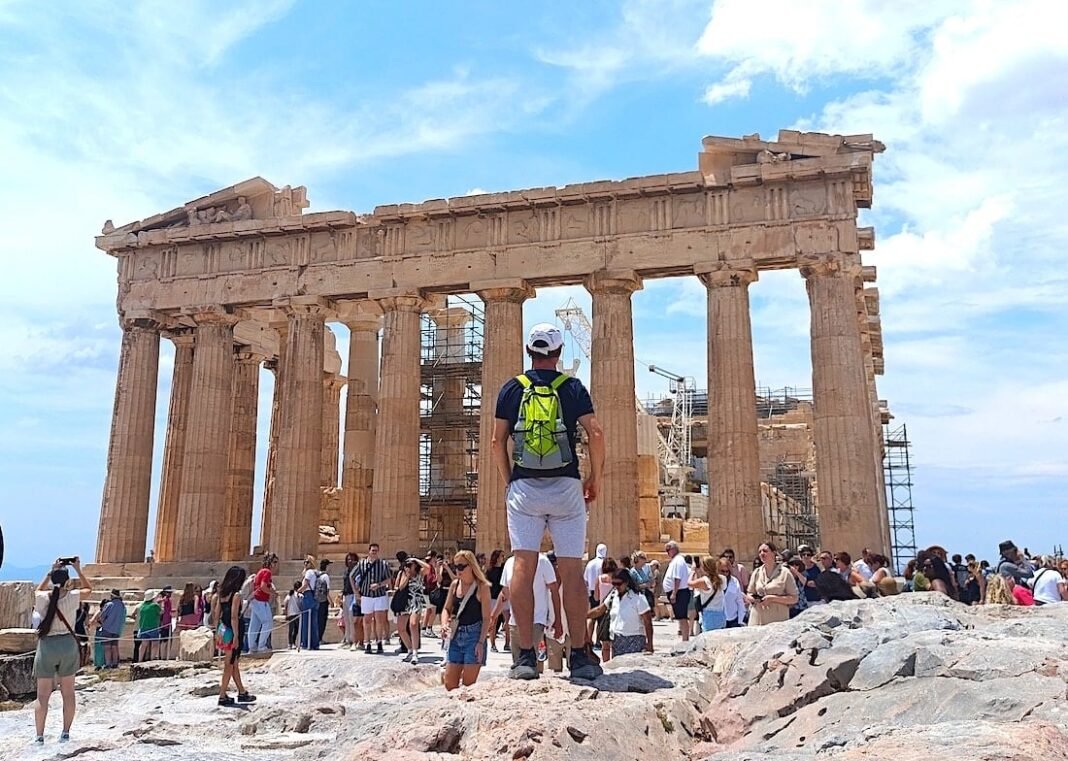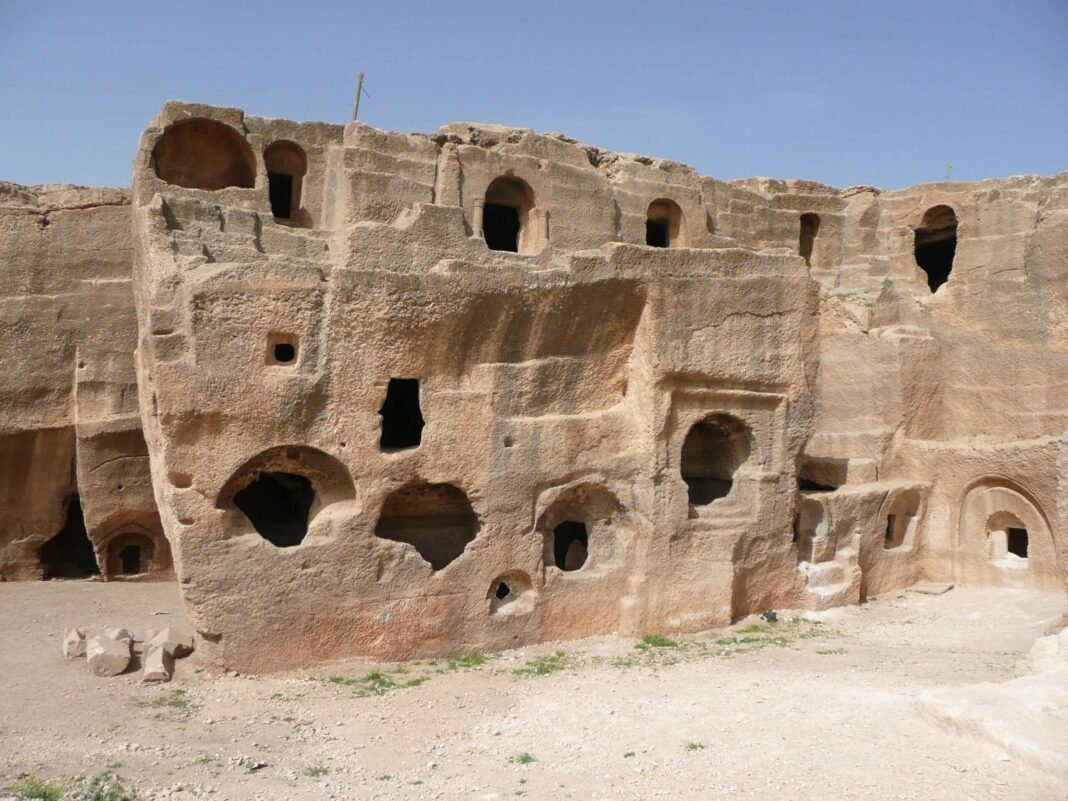
The Acropolis is closing temporarily on Tuesday as a heatwave continues to grip Greece.
The popular site in the capital city of Athens was shutting from 1 pm to 5 pm local time, the country’s culture ministry said. Highs of 42C (107F) are forecast for parts of Greece on Tuesday and a category four wildfire warning, signaling a very high risk, is in place in several regions.
Changes to the Acropolis’ opening hours were announced on Monday, as Greece is once again experiencing extreme heat, which began on Sunday. Its closure on Tuesday—with highs of 38C (100.4F) expected in the city—is not the first time extreme heat has shut the popular attraction. It was also shut down in June and last July.
Authorities said the closure was for the “the safety of workers and visitors” at the site, which is visited by tens of thousands of people every day, totaling 4.5 million in 2024.
The country’s labor ministry has also imposed a mandatory five-hour work stoppage for manual, outdoor workers between 12 pm to 5 pm on Tuesday in the areas set to see the worst heat.
Heatwave in Greece to break on Thursday
The current heatwave is due to continue into Wednesday, with forecasts of 40-42C (104F to 107.6F) for southern parts of the country before starting to break on Thursday.
Most parts of Greece will experience high levels of heat stress on Tuesday and Wednesday due to very high temperatures, according to the latest forecast by meteo.gr of the National Observatory of Athens. The heatwave will combine high temperatures that may exceed 40C (104F) during the day with sustained high temperatures during the night, especially in urban areas, thus greatly increasing heat stress levels.
According to the maps produced by the biometeorological warning system HEAT-ALARM, heat stress on Tuesday will be very high in central and eastern Macedonia, eastern Thessaly, and eastern Central Greece.
On Wednesday, high levels of heat stress are forecast in all the above areas, as well as the eastern Peloponnese and Evia. Meteo stressed that conditions of extended heat stress combined with the absence of cooling and thermal relief during the night greatly increase health risks.
They recommend that all population groups strictly follow self-protection measures, such as frequent cool showers. However, vulnerable groups, such as the elderly, those working outdoors, children, pregnant women, and those with chronic illness, are cautioned to take special care.
Wildfire warning
Meanwhile, 41 wildfires broke out across Greece on Monday, according to the country’s fire service. Of those, 34 were contained early while seven remained active into Monday evening.
A Category 4 wildfire warning was issued late on Monday for five regions: Attica, the Peloponnese, Central Greece, Thessaly, and Western Greece. The public was urged to remain vigilant, and emergency services were on high alert, the country’s civil protection agency announced.


